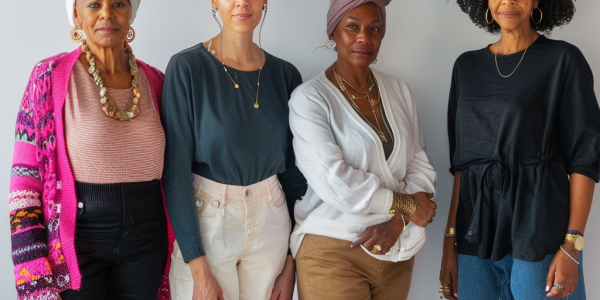New Perspective on Fall Prevention: Strengthening Arms to Reduce Risk in Older Adults
Learn how strengthening arms, in addition to legs, can reduce the risk of falls in older adults. Jonathan Lee-Confer’s research emphasizes the importance of arm movements in maintaining balance and preventing dangerous falls. Discover a new perspective on fall prevention strategies for the aging population.
Study Shows Promise of Once-Weekly PDL Treatments for Infants with Port-Wine Birthmarks
A recent study has shown promising results in the treatment of port-wine birthmarks in infants using once-weekly pulsed dye laser (PDL) treatments. The study demonstrated significant improvements in affected skin areas, with 70 percent of infants achieving near-total or total clearance after 2 months. Initiating PDL treatment early may lead to better outcomes, with infants under 3 months old experiencing fewer side effects. The once-weekly PDL treatment interval offers a safe and effective option for treating port-wine birthmarks in infants.
Persistent Disparities in Breast Cancer Survival Rates at the Neighborhood Level Revealed in Recent Study
Recent research in JAMA Network Open reveals persistent disparities in breast cancer survival rates at the neighborhood level, despite advancements in screening and treatment. Neighborhood disadvantage impacts access to essential services, leading to shorter survival rates. Targeted interventions are needed to address these disparities and improve outcomes.
First Measles Case Reported in West Virginia Since 2009
West Virginia reports its first Measles case since 2009, emphasizing the importance of vaccination to contain the highly contagious disease. The Mon County Health Department is actively reaching out to individuals who may have been exposed to the virus, highlighting the need for public health measures to prevent further spread.
Opinion: Why the food industry should welcome front-of-pack nutrition labeling
Learn why the food industry should embrace front-of-pack nutrition labeling to help consumers make healthier choices. Despite the Nutrition Facts label, high rates of diet-related illness persist. Making healthy choices easier benefits consumers, overall health, and the economy.
New Insights into Immunogenomics of Uveal Melanoma Revealed in Recent Study
Recent research in Nature Communications reveals insights into the immunogenomics of uveal melanoma, shedding light on potential immunotherapy developments for this challenging cancer. The study uncovers key findings about tumor-infiltrating lymphocytes and resistance mechanisms, offering new strategies for enhancing tumor immunity in patients with metastatic uveal melanoma.
Study Shows Teduglutide’s Potential in Treating Malnutrition Enteropathy in Children
Discover the results of a recent study in Zambia and Zimbabwe focusing on malnutrition enteropathy in children with severe acute malnutrition. The study evaluated various interventions, with teduglutide showing promising results in reducing mucosal damage biomarkers. Learn more about the potential treatments for malnutrition-related complications in young patients.
Deadly Bacteria Show Peculiar Preference for Human Blood, Study Finds
Recent research from Washington State University reveals a startling discovery – certain deadly bacteria have a preference for human blood, termed ‘bacterial vampirism.’ Led by Professor Arden Baylink, the study identifies Salmonella, E. coli, and Citrobacter as bacteria attracted to serum, rich in nutrients like serine. This research sheds light on bloodstream infections and potential treatment avenues, emphasizing the importance of disrupting bacteria’s ability to sense blood sources.
Pediatric Respiratory Illnesses Surge at Blank Children’s Hospital
Blank Children’s Hospital in Des Moines, Iowa, is facing a critical shortage of beds due to a surge in pediatric respiratory cases, including COVID, Flu, and RSV. Dr. Joel Waddell attributes the severity of cases to children’s lack of immune system exposure during the pandemic. While Blank Children’s Hospital struggles, other medical facilities in the region report manageable volumes of pediatric respiratory cases.
Groundbreaking RNA-Based Vaccine Offers Hope for Universal Protection
UC Riverside scientists have developed a groundbreaking RNA-based vaccine strategy that shows effectiveness against any virus strain, offering hope for universal protection. This innovative approach eliminates the need for annual vaccine updates and caters to vulnerable populations. The vaccine triggers immune response using small silencing RNA molecules, providing enhanced protection against a spectrum of viruses.










